New function added to “LeaveHomeSafe” mobile app to store electronic vaccination QR codes (with photos)
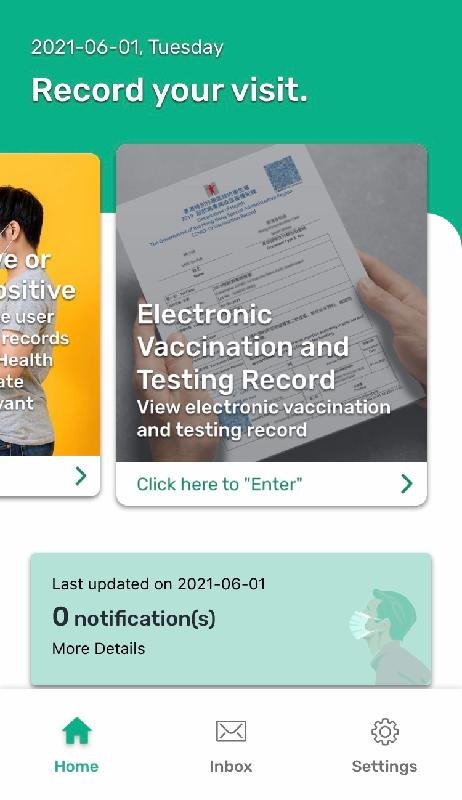
The Office of the Government Chief Information Officer (OGCIO) announced today (June 1) that a new function has been added to the “LeaveHomeSafe” mobile app, allowing the public to store their COVID-19 vaccination records (electronic vaccination records) or electronic testing records in the app to facilitate easy display of the records when necessary.
Under the vaccine bubble, there are more opportunities for members of the public to present their vaccination records for verification. In addition to bringing along their paper vaccination records, members of the public can now upgrade the “LeaveHomeSafe” mobile app to the latest 2.0 version and choose to use the newly added “Electronic Vaccination and Testing Record” function to store their vaccination records and related QR codes in the mobile app for easy retrieval if needed, by scanning the QR codes on paper or electronic vaccination records. The new function is also applicable to saving electronic testing records.
To protect the stored records and personal data privacy, users are required to pass through the same biometric or password authentication that they use for unlocking their phones whenever they want to open the newly added electronic vaccination or testing records. Since the new function of the mobile app needs to collect and store relevant personal data on electronic vaccination and testing records, users are required to confirm the relevant terms before they use the function for the first time.
The “LeaveHomeSafe” mobile app does not require registration for use and does not have a tracking function. As with users’ check-in data, the electronic vaccination records saved in the mobile app via the new function will not be uploaded or transferred to the Government or any other systems. All information will only be saved in users’ mobile phones. Users can replace or remove the electronic vaccination or testing records from the mobile app anytime. The OGCIO has consulted the Privacy Commissioner for Personal Data regarding the implementation of the new function in the “LeaveHomeSafe” mobile app to ensure its compliance with the Personal Data (Privacy) Ordinance. Members of the public can feel at ease when using the app.
In addition, “iAM Smart” iPhone users can also choose to use a newly added function to save the QR codes of the electronic vaccination records into Apple Wallet when downloading their records.
The OGCIO aims to bring greater convenience to the public on storing and displaying their vaccination records and related QR codes through the new functions, thereby facilitating mobility under the vaccine bubble. All these functions will only store the information in relevant mobile apps in the phones of the users on their own choice. The QR code on the vaccination record is equivalent to an anti-counterfeiting feature by adopting digital signature technology to ensure that the data it contains is tamper-proof and authentic. The spokesman reminded the public that both paper and electronic vaccination records, as well as the related QR codes, are personal documents and should be kept properly. Members of the public should neither send such electronic documents nor share them with others on social media.
Read More
Be the first to write a comment.
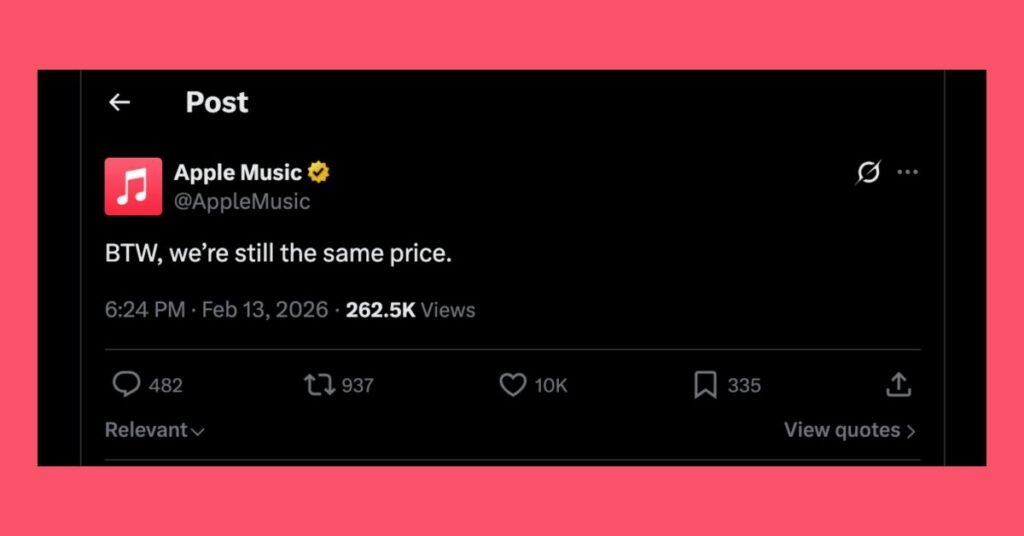
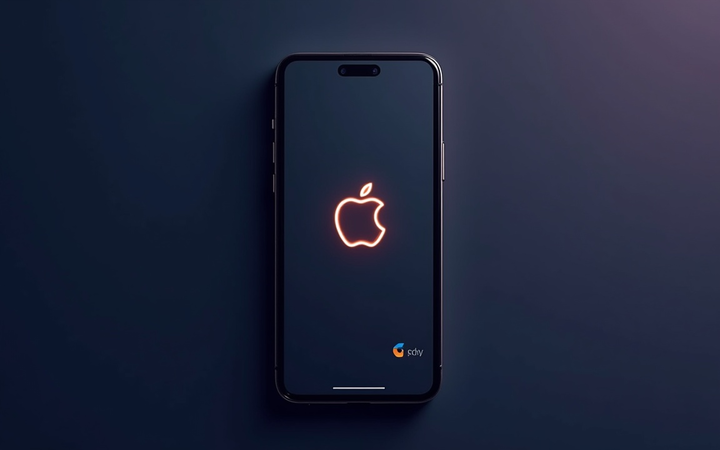


Postmedia is committed to maintaining a lively but civil forum for discussion. Please keep comments relevant and respectful. Comments may take